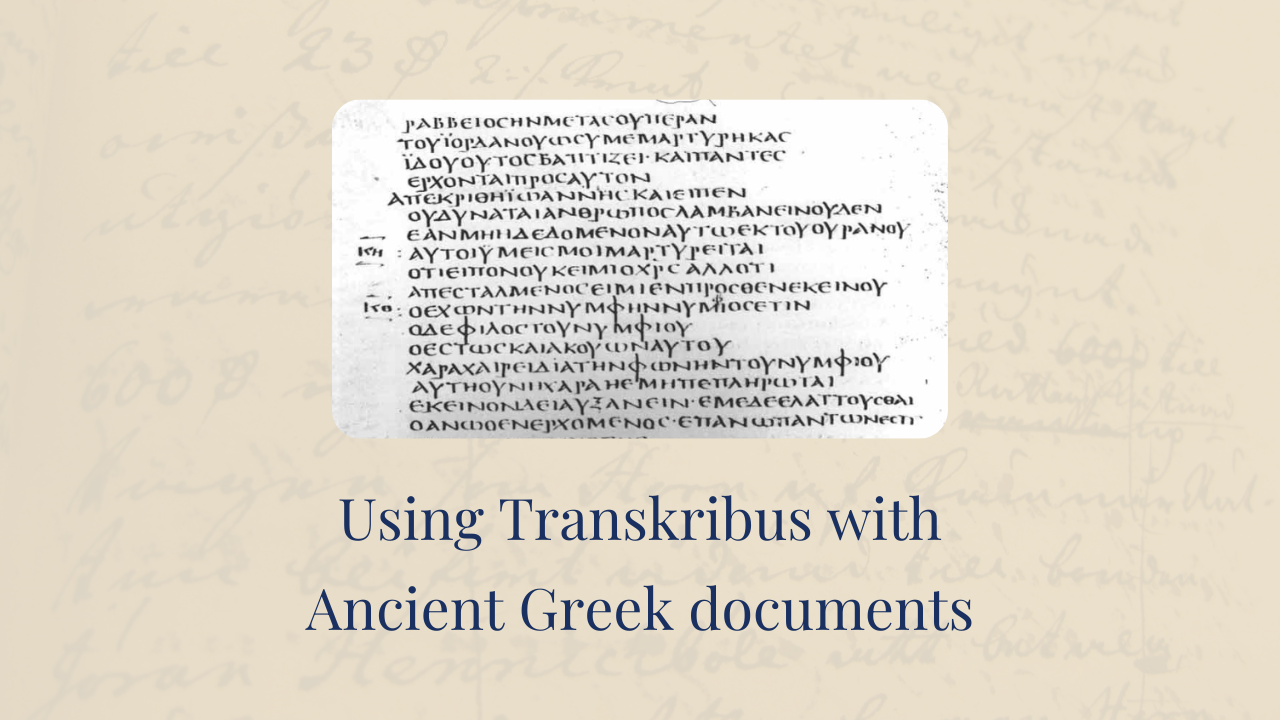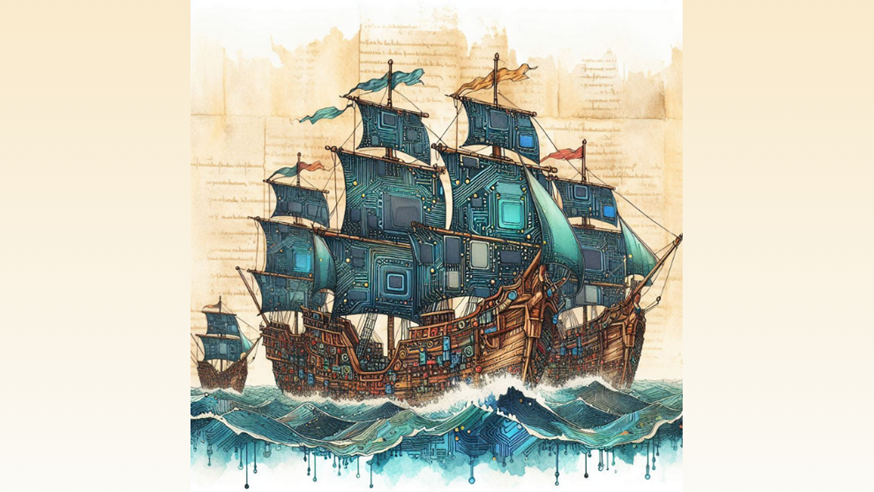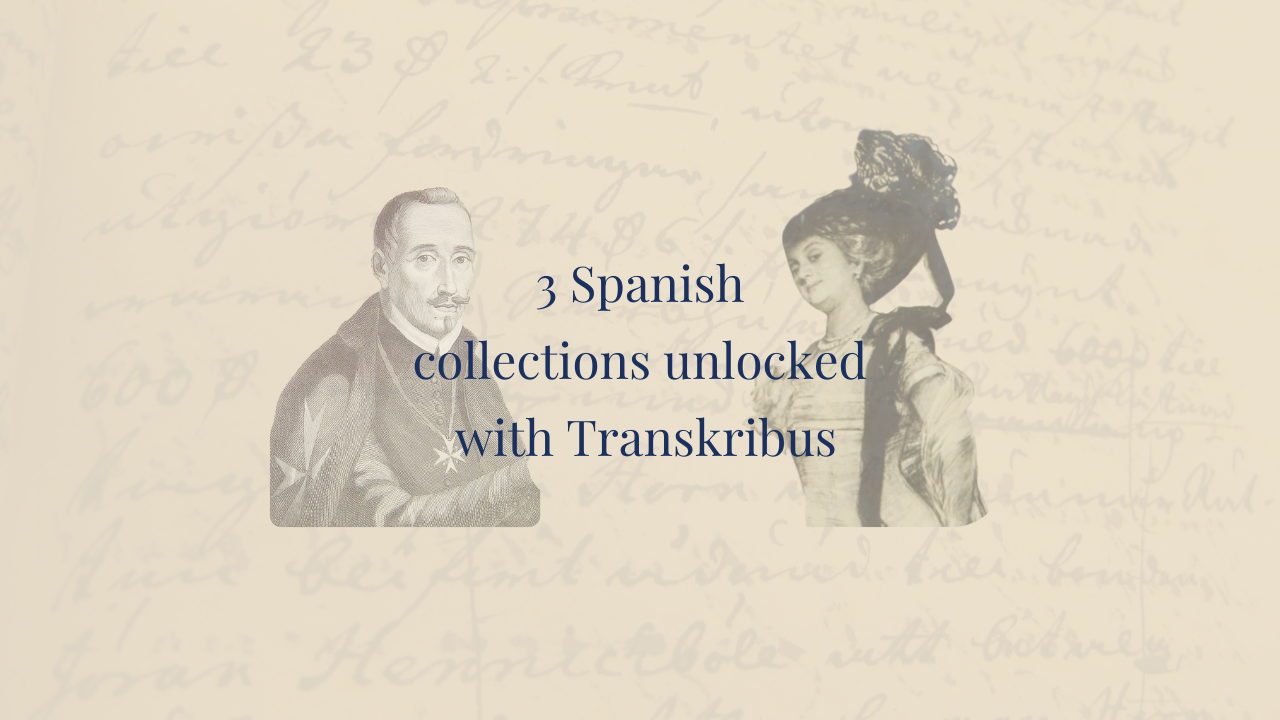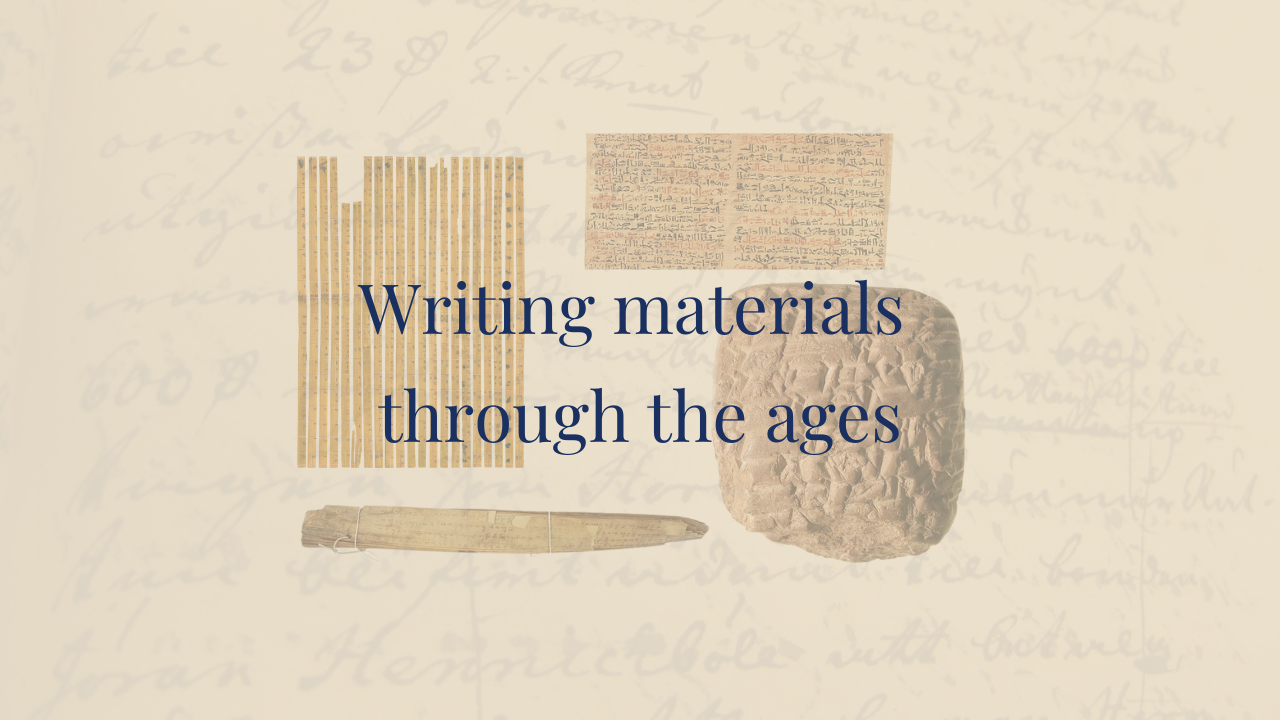
How Transkribus unlocked these Spanish-language collections

The Spanish language is not only an important language in today's world, but it has also played a crucial role throughout history. From the early modern period to more recent times, Spanish was the language of a sprawling empire, of vibrant literary and intellectual traditions, and of countless personal stories. Consequently, archives and libraries worldwide hold large collections of Spanish-language manuscripts that offer invaluable insights into history, culture, and human experience.
However, making these handwritten documents accessible for research and discovery in the digital age remains a challenge. Technology such as Transkribus enables these texts to be digitised and transcribed at scale, providing a powerful tool for archives and research teams. In this post, we would like to showcase three projects that used Transkribus to unlock valuable Spanish-language collections, making them accessible for researchers and historians around the world.
.webp?width=1920&height=1080&name=alvaro%20(1).webp)
Discovering a lost play by Lope de Vega
The Spanish Golden Age was a period of high artistic achievement in 16th- and 17th-century Spain, and while researchers have investigated many of the works produced in this period, there are still plenty of manuscripts in the archives awaiting detailed examination. It was when transcribing these as yet undefined manuscripts with Transkribus that Álvaro Cuéllar, a postdoctoral researcher at the University of Vienna, made a remarkable discovery: One of the documents was, in fact, a previously unknown play by the celebrated playwright Lope de Vega.
"I was processing a bunch of manuscripts, [when] one of these manuscripts, La francesa Laura, aligned unexpectedly with Lope de Vega in a very strong way," Cuéllar explained. "I sent a message to my colleague Germán Vega and I told him that we had something special."
You can read more about Cuéllar's discovery here.
.webp?width=1536&height=865&name=Thumbnail-Zoila-1536x865%20(1).webp)
Transcribing the personal album of Zoila Aurora Cáceres
Personal albums serve as unique windows into the lives of individuals and the social contexts in which they lived. The personal album of Zoila Aurora Cáceres, a writer, journalist and social activist in 20th-century Peru, offers such a glimpse. Containing photographs, correspondence, and handwritten annotations, the album illuminates the social and intellectual landscape during Cáceres' life, which is why researcher Ainaí Morales and her colleagues at the Laboratory of Digital Humanities (Hlab) of the Pontifical Catholic University of Peru wanted to make it digitally accessible.
"Zoila Aurora Cáceres's personal album opens up avenues for an alternative and more complex understanding of Peru's intellectual and political history, and especially of women's history at the turn of the century in Latin America," Morales explained. Her colleague, Javier Vera, added: "By working with datasets, we aim to array data in such a way that it becomes easily accessible and navigable, without blurring the documents’ complex materiality."
You can read more about the team's project here.

Navigating the transcription of New Spain Fleets documents
The study of colonial history relies heavily on the detailed records of administration and trade. The "New Spain Fleets" project based at Lancaster University focuses on an extensive collection of documents related to the Spanish maritime convoys that connected Spain with its American territories. These records, primarily from the 16th to the 18th centuries, are vital for understanding the economic, social, and political structures of the Spanish Empire. However, the sheer volume of these documents, combined with the difficulties of deciphering early modern Spanish handwriting, has historically limited their comprehensive analysis.
To overcome these challenges, the project team is using Transkribus to transcribe these important archival materials, with the goal of creating a fully searchable digital archive. Backed by £1 million of funding, the project is processing material from two major archives and involves researchers from both sides of the Atlantic. As Senior Research Associate, Dr Rodrigo Vega-Sanchez, explained: “We are very excited to be starting the NSF project, not only because of the enormous amount of historical socioeconomic information it will make available, but also for the many interdisciplinary research collaborations and career development opportunities it will open.”
You can read more about the project on their website. Image courtesy of the New Spain Fleets project.
Transforming documents with Transkribus
These three projects, each focusing on a different aspect of Spanish-language historical documentation, demonstrate the power and adaptability of Transkribus in making archival collections accessible. From the realm of literary discovery to the intimacy of personal histories and the complexities of colonial administration, projects like these transform how we access historical resources and create new ways of engaging with history.
The success of these projects demonstrates the value Transkribus can bring to institutions looking to unlock their Spanish-language holdings. If you are interested in using Transkribus for your research or institution, then you can find more information on our website or by contacting our team.


